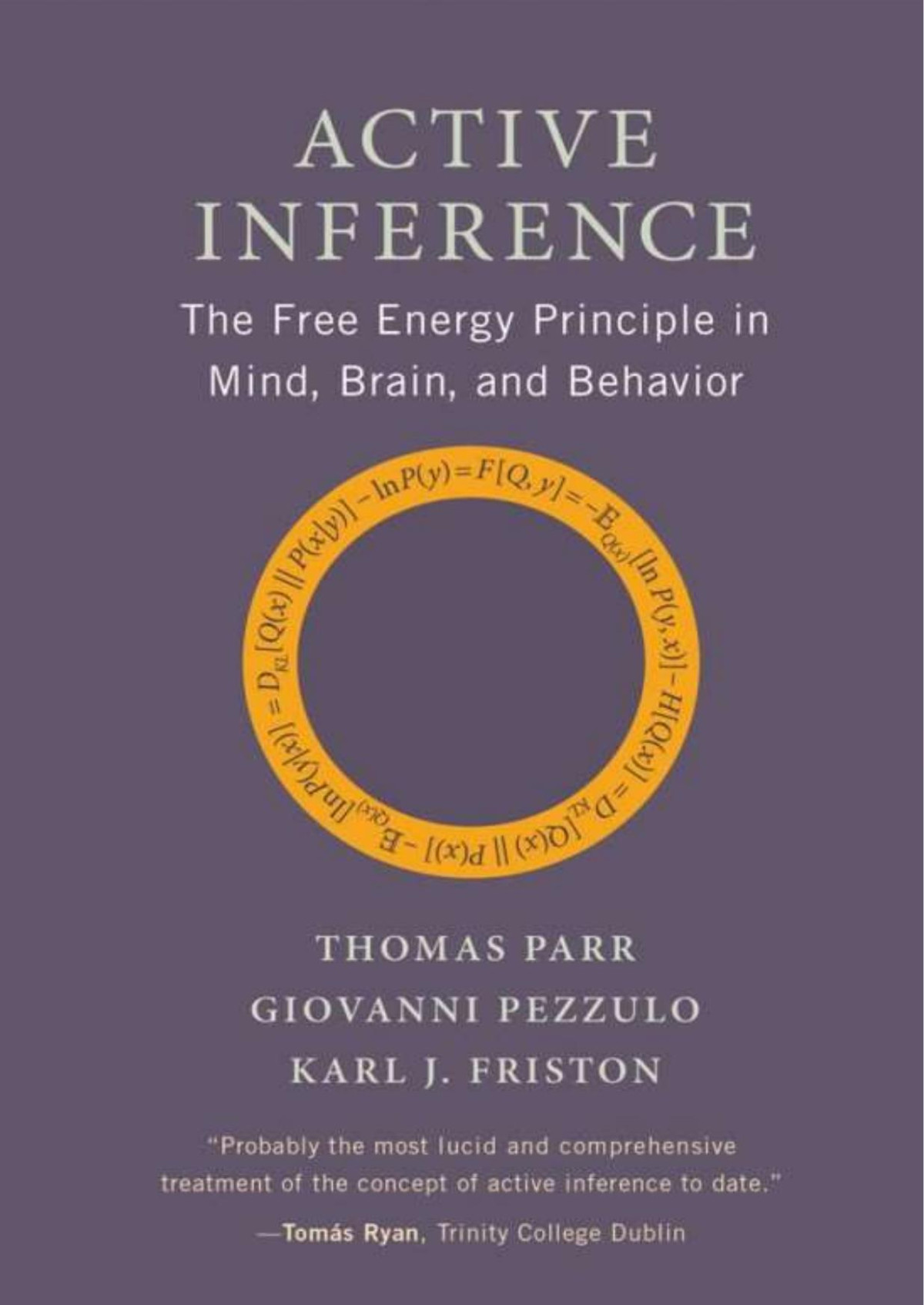

Most ebook files are in PDF format, so you can easily read them using various software such as Foxit Reader or directly on the Google Chrome browser.
Some ebook files are released by publishers in other formats such as .awz, .mobi, .epub, .fb2, etc. You may need to install specific software to read these formats on mobile/PC, such as Calibre.
Please read the tutorial at this link: https://ebookbell.com/faq
We offer FREE conversion to the popular formats you request; however, this may take some time. Therefore, right after payment, please email us, and we will try to provide the service as quickly as possible.
For some exceptional file formats or broken links (if any), please refrain from opening any disputes. Instead, email us first, and we will try to assist within a maximum of 6 hours.
EbookBell Team

4.8
74 reviewsThe first comprehensive treatment of active inference, an integrative perspective on brain, cognition, and behavior used across multiple disciplines.
Active inference is a way of understanding sentient behavior—a theory that characterizes perception, planning, and action in terms of probabilistic inference. Developed by theoretical neuroscientist Karl Friston over years of groundbreaking research, active inference provides an integrated perspective on brain, cognition, and behavior that is increasingly used across multiple disciplines including neuroscience, psychology, and philosophy. Active inference puts the action into perception. This book offers the first comprehensive treatment of active inference, covering theory, applications, and cognitive domains.
Active inference is a “first principles” approach to understanding behavior and the brain, framed in terms of a single imperative to minimize free energy. The book emphasizes the implications of the free energy principle for understanding how the brain works. It first introduces active inference both conceptually and formally, contextualizing it within current theories of cognition. It then provides specific examples of computational models that use active inference to explain such cognitive phenomena as perception, attention, memory, and planning.